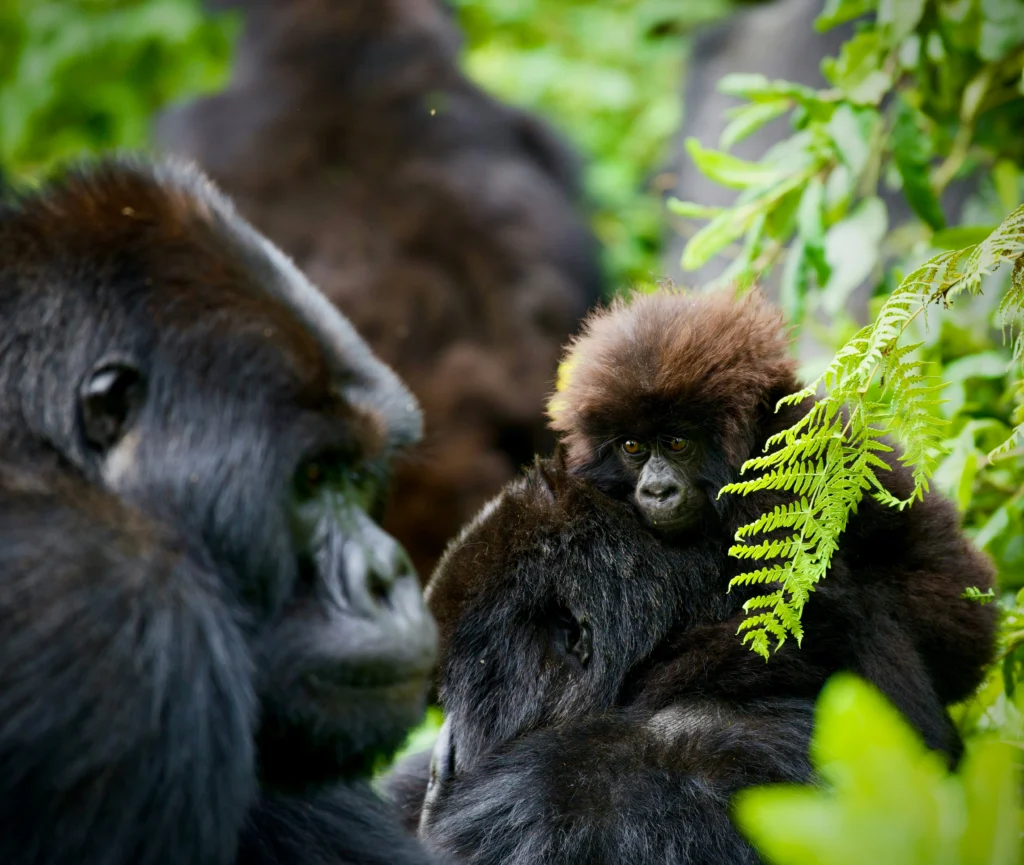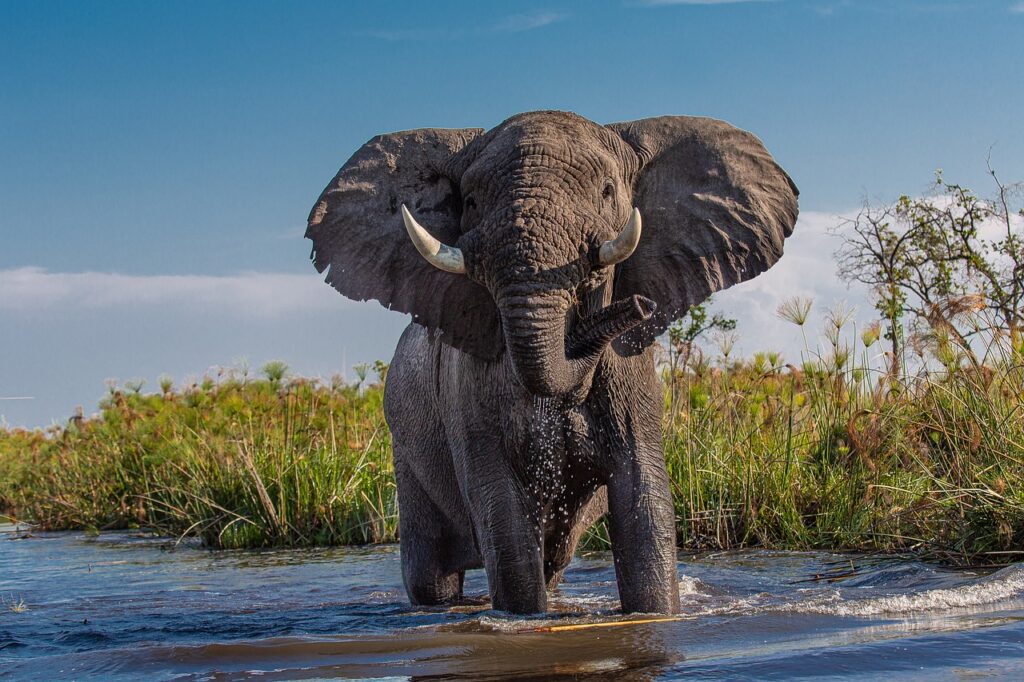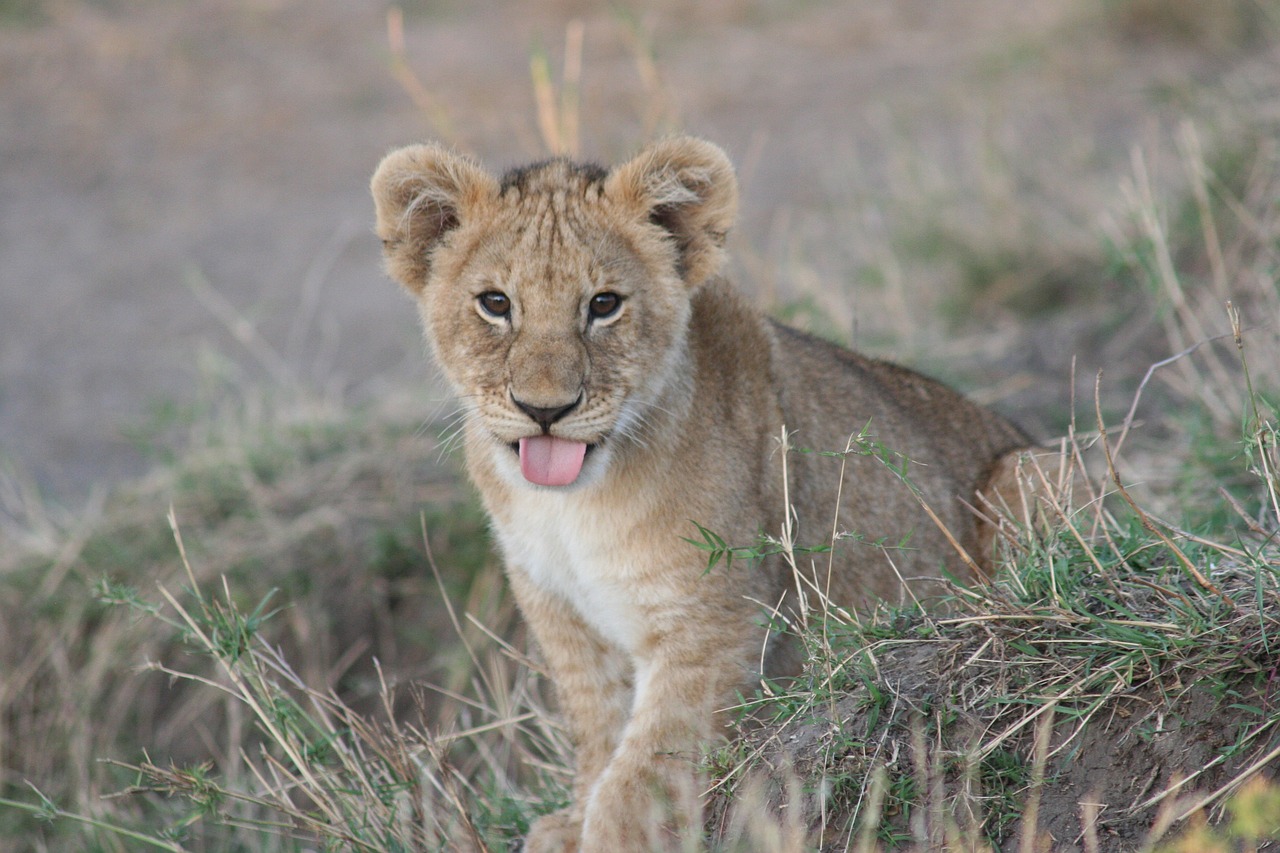Introduction to the Wonders of Visiting Tanzania
Visiting Tanzania: a land of unparalleled natural beauty and rich cultural heritage, stands out as an extraordinary destination for travelers seeking adventure and serenity. Whether you’re drawn to the majestic Serengeti, the idyllic beaches of Zanzibar, or the towering peaks of Mount Kilimanjaro, the experience of visiting Tanzania promises to be unforgettable. To truly grasp the essence of this diverse African gem, it’s essential to delve into the nuances of planning a trip, from understanding the best times to visit to ensuring your safety and securing necessary travel documents.
As you prepare to embark on this journey, let the expertise of Tanzania Specialist guide you through every detail, ensuring that your adventure in this stunning country is as seamless and enjoyable as possible. Embrace the opportunity to visiting Tanzania, and let it transform your perception of what a travel experience can be.

Custom Travel Guidance
When planning your journey to Tanzania, personalized advice from a specialist can make all the difference. With nearly a decade of experience, Tanzania Specialist provides tailored guidance to ensure you have a seamless and enriching travel experience. Whether you’re seeking insights into safety, visa requirements, or local customs, their expertise is invaluable for a memorable adventure.
Safety in Tanzania: A Comprehensive Overview
Is it safe to travel to Tanzania? Absolutely. Tanzania is renowned as one of the safest destinations in Africa, welcoming over one million tourists each year. Traveling with Tanzania Specialist enhances your safety further, offering professional guides and local expertise for complete peace of mind. To ensure your trip is as secure as it is enjoyable, refer to the additional safety tips provided by the travel agency.
Population and Cultural Diversity
Tanzania, a vibrant tapestry of cultures, boasts a population of nearly 60 million people. This African gem is home to around 125 ethnic groups and more than 100 languages. Imagine strolling through bustling markets where Swahili mingles with various local dialects, or enjoying the warmth of Tanzanian hospitality as locals share their rich traditions and breathtaking landscapes.
Navigating Visa Requirements
How do you secure a visa for Tanzania? Most international travelers require a visa, which can be conveniently applied for online through the official Tanzanian government website. Alternatively, a single-entry visa can be obtained upon arrival at major ports. This visa is valid for three months, costing $50 for most nationals and $100 for U.S. citizens. Tanzania Specialist is on hand to assist you throughout the visa application process, ensuring a hassle-free experience.
Passport Validity and Travel Insurance
Ensure your passport is valid for at least six months beyond your travel dates. While Tanzania Specialist does not offer travel insurance directly, they recommend Chapka Travel Insurance. This coverage includes medical emergencies, trip cancellations, and more, providing essential protection for your journey. Envision a worry-free adventure with Chapka’s comprehensive plans, covering everything from medical evacuations to lost luggage.

Health and Vaccinations
For travelers over one year old, a yellow fever vaccination is required if arriving from a country with a yellow fever risk or transiting through such a country for more than 12 hours. In addition, vaccinations for Hepatitis A, Hepatitis B, typhoid, and rabies (based on activities) are recommended. COVID-19 restrictions have been lifted as of January 2023, but consulting a physician before travel remains a prudent step for personalized health advice.
Time Zone and Currency
Tanzania operates on GMT +3. For context, this means:
- Los Angeles: -10 hours
- New York: -7 hours
- London: -3 hours
- Berlin: -2 hours
- Hong Kong: +5 hours
- Tokyo: +6 hours
- Sydney: +8 hours
- Auckland: +10 hours
The local currency is the Tanzanian shilling, although U.S. dollars and euros are widely accepted. With over 100 languages spoken, Swahili and English serve as the primary languages, making communication relatively straightforward for visitors.
Final Tips for Your Tanzanian Adventure
Visiting Tanzania is often a once-in-a-lifetime experience. Tanzania Specialist offers expert advice and custom vacation planning to help you explore the country’s stunning beauty and rich culture. For more information on planning your trip, including details on weather, visa requirements, and travel insurance, consult their comprehensive travel guide.
Weather in Tanzania: A Regional Perspective
Regional Weather Variations
Tanzania’s climate varies significantly by region. Coastal areas experience the highest temperatures and humidity, while the northern highlands enjoy cooler conditions due to their altitude. Imagine basking in the warmth of Zanzibar’s tropical climate, contrasted with the cooler, refreshing air of the highlands.
Tanzania’s Seasons
When is the best time to visit Tanzania? Tanzania’s weather is divided into two main seasons:
- Wet Season: This includes the short rains from late October to December and the long rains from late March to early June. Picture lush, verdant landscapes and vibrant greenery, reminiscent of scenes from a National Geographic documentary.
- Dry Season: Occurs from June to October and December to February. This period offers stable weather conditions ideal for safaris and exploration.
Safari During the Rainy Season
What are the benefits of a safari in the rainy season? The rainy season brings a lush, vibrant landscape and abundant wildlife. With fewer tourists around, you can enjoy a more intimate safari experience. Lower costs for safari and accommodation during this period make it a budget-friendly option. However, be aware of potential road conditions and the temporary closure of some accommodations. Recommended parks during this time include Serengeti, Ngorongoro Crater, and Tarangire, while parks like Nyerere and Ruaha are better visited in the dry season.
Impact of Weather on Wildlife
The rainy season offers excellent wildlife-spotting opportunities due to the high concentration of active animals. The cooler temperatures and ample food supply allow animals to roam freely, enhancing your safari experience. Birdwatchers will also find this time ideal, as migratory species arrive in droves.
For tailored advice on the best time to visit and how weather impacts your trip, consult a specialist or explore dedicated travel resources.

Best Time to Visit Tanzania
Ideal Months for Your Trip
- June to October: These months offer ideal weather for wildlife viewing, particularly the wildebeest migration in July and August. Enjoy pleasant temperatures and clear skies, perfect for safaris and Kilimanjaro climbs.
- December to February: This period features lush green landscapes and the calving season in the Serengeti, making it a thrilling time for wildlife enthusiasts.
Monthly Breakdown
- Dry Season (June to October): Excellent for wildlife spotting with fewer mosquitoes and clear skies. However, prices for accommodation and tours are higher, and parks are busier.
- Wet Season (March to May & November): Offers lush scenery and fewer crowds. Ideal for bird-watching but may involve challenging road conditions and higher chances of mosquitoes.
High, Mid, and Low Seasons
- High Season: January, February, June to October, and December offer the best weather and wildlife opportunities but come with higher prices and more crowds.
- Mid Season: March, and November 1st to December 21st offer moderate prices and fewer crowds, with decent wildlife sightings and weather.
- Low Season: April and May are best for budget-conscious travelers who don’t mind navigating higher rainfall and potential lodge closures.
The Great Migration
The Great Migration is a year-round phenomenon with peak river crossings in the northern Serengeti from July to September and calving season in the southern Serengeti from December to March. Witness the breathtaking spectacle of thousands of wildebeest and zebras navigating the vast plains.
Yellow Fever Requirements for Tanzania
Understanding Yellow Fever Vaccination
Tanzania is classified as a low-risk country for yellow fever, but specific conditions may require vaccination:
- No Vaccine Required: For travelers from countries without yellow fever risk (e.g., Europe, USA).
- Vaccine Required: For those coming from or transiting through high-risk countries for over 12 hours. Proof of vaccination, administered at least 10 days before travel, is necessary.
- Doctor’s Exemption: If advised against vaccination for health reasons, carry a doctor’s letter explaining the exemption.
What is Yellow Fever?
Yellow fever is a viral disease transmitted by mosquitoes. While Tanzania is currently free from yellow fever, it is important to understand the vaccine requirements and carry appropriate documentation if needed.
For personalized advice on vaccination requirements, consult a healthcare professional or the team at Tanzania Specialist.

Travel Insurance for Your Tanzanian Safari
Importance of Comprehensive Travel Insurance
Travel insurance is crucial for safeguarding against unexpected events during your Tanzanian safari. From medical emergencies to trip cancellations, a comprehensive insurance plan ensures financial and logistical protection. Here’s what to look for in a plan:
- Medical Emergencies: Coverage for hospital visits and emergency evacuations.
- Trip Cancellations or Delays: Reimbursement for unforeseen cancellations or delays.
- Lost or Stolen Luggage: Compensation for baggage issues.
- Adventure Coverage: Specialized coverage for safaris and outdoor activities.
Recommended Insurance: Chapka Travel Insurance offers extensive coverage, including 24/7 medical teleconsultation and coverage for lost or delayed baggage. Their plans provide peace of mind throughout your trip.
Zanzibar Mandatory Travel Insurance
Starting October 1, 2024, Zanzibar requires all visitors to obtain Zanzibar Mandatory Travel Insurance, even if you have other insurance. The cost is USD 44 per person, covering emergency medical expenses, repatriation, and more. Apply in advance at visitzanzibar.go.tz to receive the necessary QR code for entry.
Final Advice
Ensure you have appropriate travel insurance to enjoy your Tanzanian adventure worry-free. Whether exploring the Serengeti or relaxing on Zanzibar’s beaches, comprehensive coverage is essential.
Obtaining Your Visa for Tanzania
Visa Application Process
Securing a visa for Tanzania is straightforward, with options to apply online or upon arrival. The online method is recommended for its convenience and efficiency. Here’s how to navigate the process:
Visa Costs:
- European Citizens: USD 50 for a single-entry visa valid for three months.
- U.S. Citizens: USD 100 for a multi-entry visa valid for one year.
Online Application:
- Visit the official Tanzanian visa portal.
- Submit required documents including a passport photo, passport scan, flight ticket PDF, and a valid passport.
- Processing may take up to ten days.
Applying for a Visa Upon Arrival
If you prefer, you can still apply for a visa upon arrival. Here’s how the process works:
- Fill out an application form upon arrival at the airport.
- Pay the visa fee at a second counter (cash or credit card).
- Get your visa stamped at a third counter.
While this option requires visiting three counters, the process is usually straightforward. However, keep in mind that the queues for online applicants may be longer than those for on-arrival applicants, so this method might actually save you time.
Embracing the Magic of Visiting Tanzania
In summary, visiting Tanzania promises an extraordinary experience, offering a rich tapestry of wildlife, culture, and stunning landscapes. From the vibrant green landscapes of the rainy season to the sun-drenched plains of the dry season, Tanzania caters to every traveler’s desires. The country’s diverse ecosystems, such as the Serengeti and Zanzibar, provide unique opportunities for adventure and relaxation.

By understanding the essential details—ranging from visa requirements to optimal travel seasons—visitors can maximize their journey and create lasting memories. Ultimately, visiting Tanzania is more than just a trip; it’s a chance to immerse yourself in one of Africa’s most captivating destinations. Make the most of this adventure by planning thoughtfully and embracing all that this incredible country has to offer.

